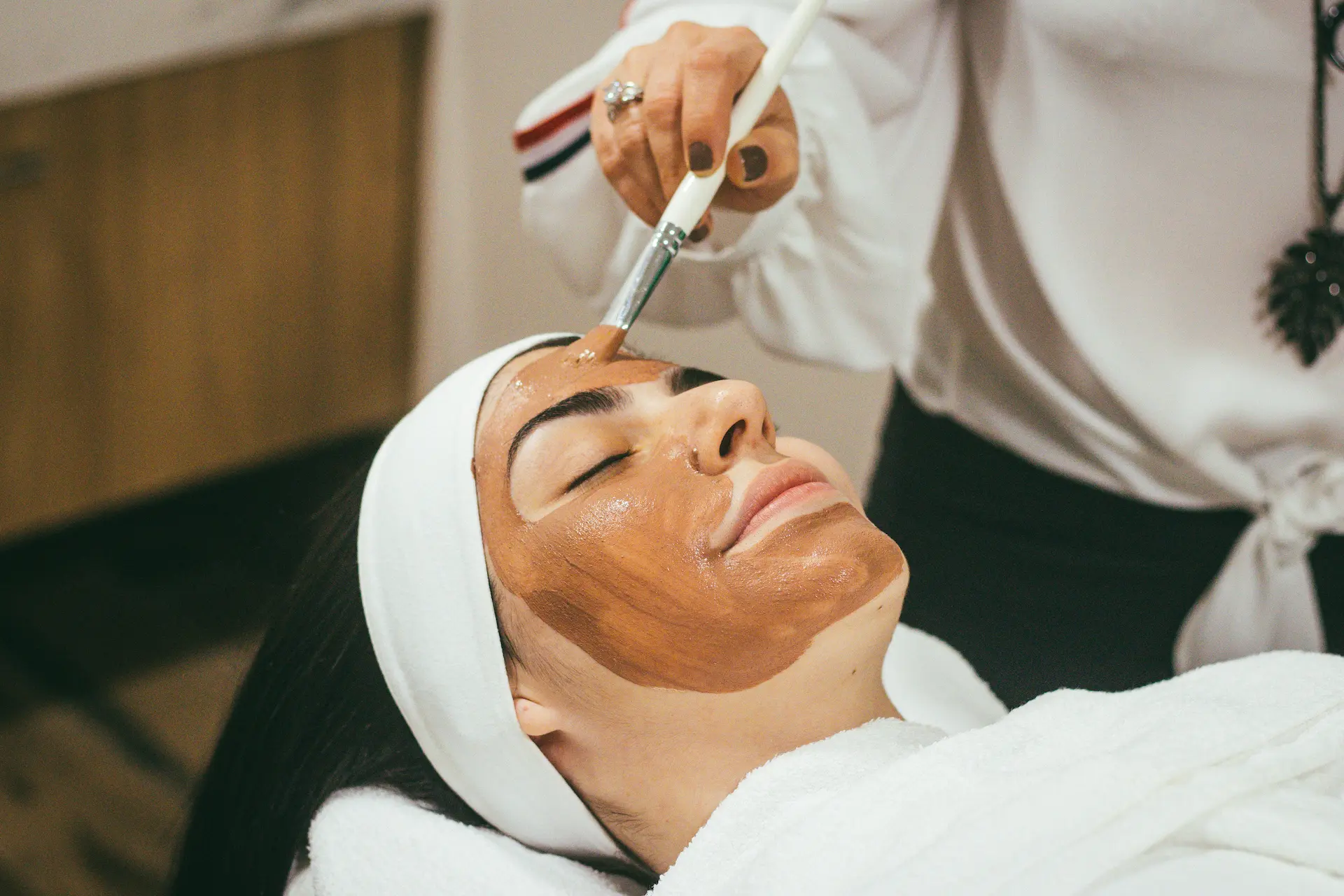Refer a friend, and both you and the person you refer will get $50 off your visit($250 minimum purchase). Learn more!
PRF Gel is here! Smooth fine lines and achieve subtle volume with natural filler. Learn more!

Chemical peels have become a popular choice for those seeking to improve their skin's appearance. By exfoliating the outermost layer of skin, chemical peels can help to reduce the appearance of fine lines, wrinkles, acne scars, and hyperpigmentation. But how exactly do they work? Let's dive into the science behind chemical peels.
A chemical peel is a cosmetic procedure that involves applying a chemical solution to the skin. This solution causes the top layer of skin to peel away, revealing smoother, younger-looking skin underneath. The type of chemical used, and the strength of the solution will determine the depth of the peel.
There are three main types of chemical peels:
When a chemical solution is applied to the skin, it breaks down the bonds between the skin cells. This causes the top layer of skin to peel away. As the skin heals, new, healthier skin cells grow in its place.
Chemical peels can offer a variety of benefits, including:
The experience of a chemical peel can vary depending on the type of peel and the individual's skin sensitivity. However, most people can expect some discomfort during and after the procedure. The skin may feel tight, dry, and slightly irritated. It's important to follow your dermatologist's aftercare instructions carefully to minimize discomfort and promote healing.
Chemical peels can be an effective way to improve the appearance of your skin. By understanding how they work and the different types available, you can make an informed decision about whether a chemical peel is right for you.
Remember: Always consult with a qualified esthetician like the ones at Evolve Med Spa to determine if a chemical peel is suitable for your skin type and concerns.